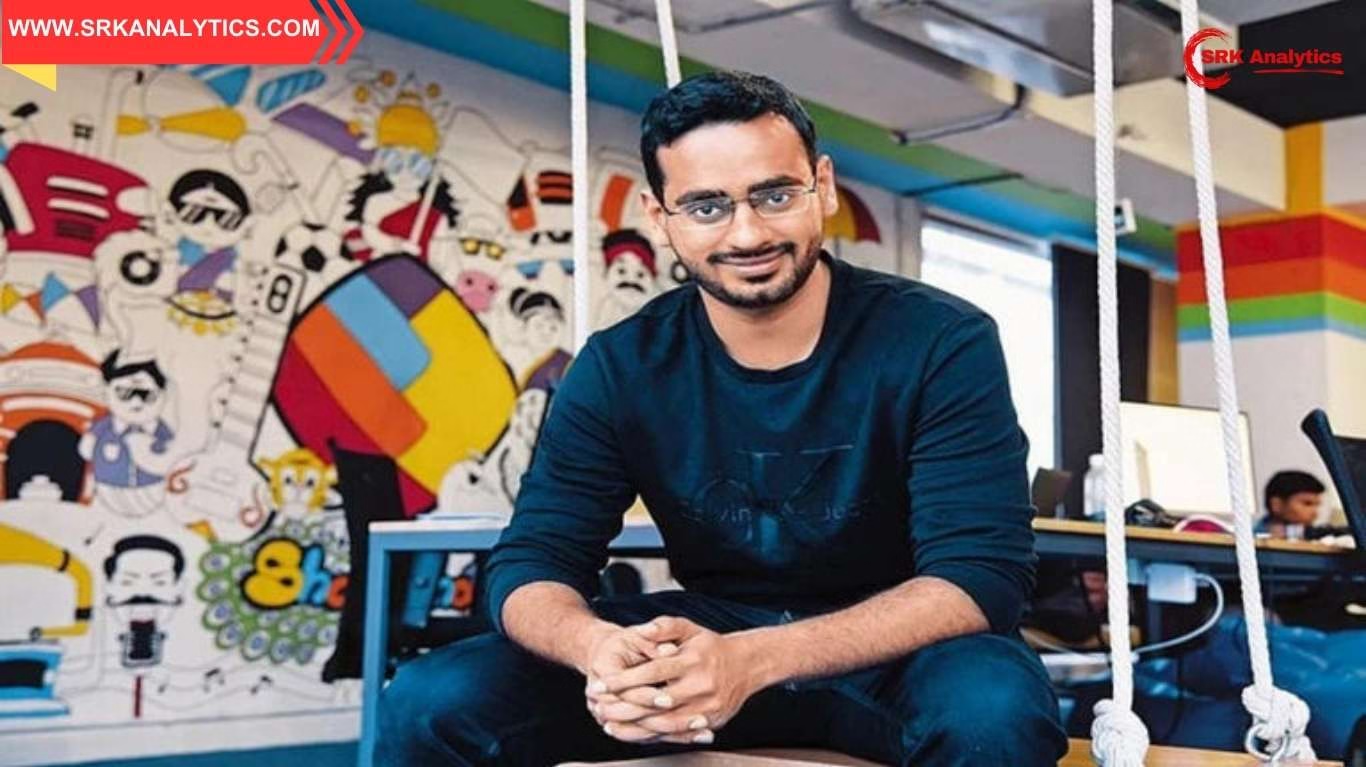India’s $250 billion IT services industry, long dominated by giants such as TCS, Infosys, Wipro, and HCL, is witnessing a wave of disruption as venture capitalists pour billions into AI-first startups aiming to transform traditional technology outsourcing models. From intelligent automation to generative AI-powered platforms, these startups are set to challenge decades-old delivery structures by introducing faster, scalable, and leaner solutions.
The funding surge in AI startups
According to recent funding data, over $1.2 billion has been invested in AI startups in India in the first half of 2025 alone, marking a 40% jump from the same period last year. VCs are betting that AI-native solutions can capture significant market share from traditional IT services companies, especially in:
- Code generation and software development automation
- Cloud infrastructure optimisation
- AI-based testing and DevOps workflows
- Business process automation and AI-enabled BPO
- Generative AI-driven consulting and innovation
| Key AI Startups Attracting VC Funding | Core Focus Area | Latest Funding |
|---|---|---|
| Sarvam AI | Enterprise generative AI solutions | $42 million |
| Neysa | AI cloud and security infrastructure | $20 million |
| Mad Street Den | AI-powered retail SaaS | $30 million |
| Observe.AI | AI-based customer experience solutions | $125 million |
| Krutrim AI | Multilingual generative AI and LLMs | $50 million |
| Bhanzu AI | AI-enabled edtech for math learning | $15 million |
Why are VCs excited?
1. Market size transformation:
While Indian IT services exports exceed $200 billion annually, a large chunk involves human-intensive delivery. AI startups can automate parts of these workflows, providing clients cost savings and improved efficiencies.
2. Global competitiveness:
As Western clients shift towards AI-first managed services, VCs expect Indian AI startups to build IP-led offerings, competing with global SaaS players rather than only domestic services firms.
3. Talent pool advantage:
India’s deep pool of AI engineers, cloud architects, and data scientists ensures scalable development pipelines for AI startups without Silicon Valley-level salary inflation.
Areas AI startups are disrupting
| Traditional IT Service Offering | AI Startup Solution |
|---|---|
| Manual software testing | Automated AI-based testing platforms |
| Code writing and maintenance | Generative AI code assistants reducing development time |
| Helpdesk BPO operations | AI chatbots and natural language support agents |
| Cloud monitoring and security | AI ops platforms predicting outages and attacks |
| Business consulting | Generative AI creating strategic presentations and analyses |
The changing client mindset
Clients of Indian IT services, especially Fortune 500 firms, are now demanding:
- Outcome-based AI automation contracts
- Integrated AI + human workflows rather than pure outsourcing
- Rapid deployment of LLMs (Large Language Models) customised to their data and business functions
This is prompting traditional firms like Infosys and Wipro to accelerate acquisitions of AI startups and partnerships with global AI companies to stay relevant.
Quotes from industry stakeholders
Rajan Anandan, MD, Peak XV Partners (Sequoia India & SEA), said,
“We are seeing an unprecedented wave of AI founders building solutions that can reduce IT services delivery costs by up to 60%. It’s a once-in-two-decades disruption opportunity in India.”
A top executive at Infosys noted,
“AI is redefining how we engage with clients. We have launched dedicated AI service lines, but the pace of startup innovation is pushing us to adapt faster.”
Strategic shifts by IT giants
| Company | Recent AI Initiatives |
|---|---|
| TCS | AI-focused research labs and AI service line to automate BFSI, retail, and manufacturing verticals |
| Infosys | Topaz generative AI suite; AI-first contracts in Europe |
| Wipro | Committed $1 billion to AI investments over 3 years |
| HCLTech | Acquired US-based AI firms to expand capabilities |
Challenges for AI startups
Despite high investor interest, AI startups targeting IT services disruption face hurdles:
- Enterprise adoption inertia: Large clients require proven pilots, integration with legacy systems, and stringent data security compliance.
- Talent war: With tech giants ramping up AI hiring, startups must offer strong ESOPs and work cultures to attract top talent.
- Funding sustainability: While VCs are backing early growth, building profitable AI SaaS models for enterprise clients will determine long-term survival.
The regulatory factor
The Indian government’s upcoming AI regulatory framework and National AI Mission investments are expected to shape the ecosystem further. Startups focusing on ethical AI, data localisation, and multilingual model development aligned with India’s digital public infrastructure stand to benefit most.
Future outlook
Analysts predict that by 2030, AI-first services and products could account for 15-20% of India’s overall IT industry revenue, translating into a market exceeding $75 billion annually. This will not only generate jobs in AI engineering, prompt design, and data curation but also shift India from an IT services hub to a global AI product and solutions powerhouse.
A leading VC partner summarised:
“AI will not replace the Indian IT sector, but AI-powered companies will redefine it. Those who embrace it early will thrive.”
Conclusion
The Indian IT services industry stands at an inflection point. Venture capitalists backing AI startups see a clear path to disrupt legacy delivery models, challenge the dominance of traditional players, and unlock billions in global market share. As AI-native startups scale with fresh funding, the coming years will witness an intense battle of agility, innovation, and adaptation – ultimately reshaping how India powers global technology transformation.
Disclaimer: This article is for informational purposes only. Readers are advised to verify business decisions and consult professional advisors before acting on any investment, employment, or strategic opportunity based on this news analysis.












A cozy Kolasin Montenegro hotels for mountain lovers. Ski slopes, trekking trails, and local cuisine are nearby. Rooms are equipped with amenities, Wi-Fi, parking, and friendly staff are available to help you plan your vacation.